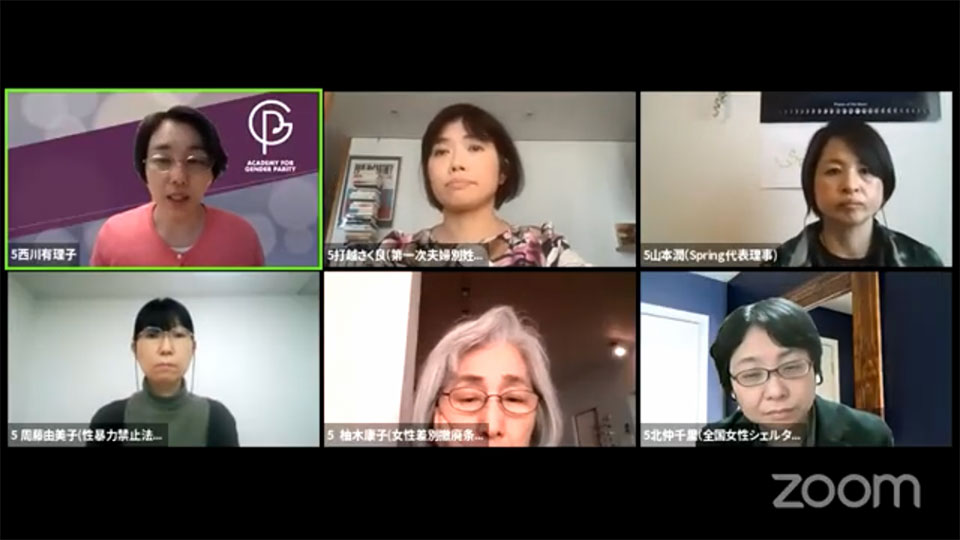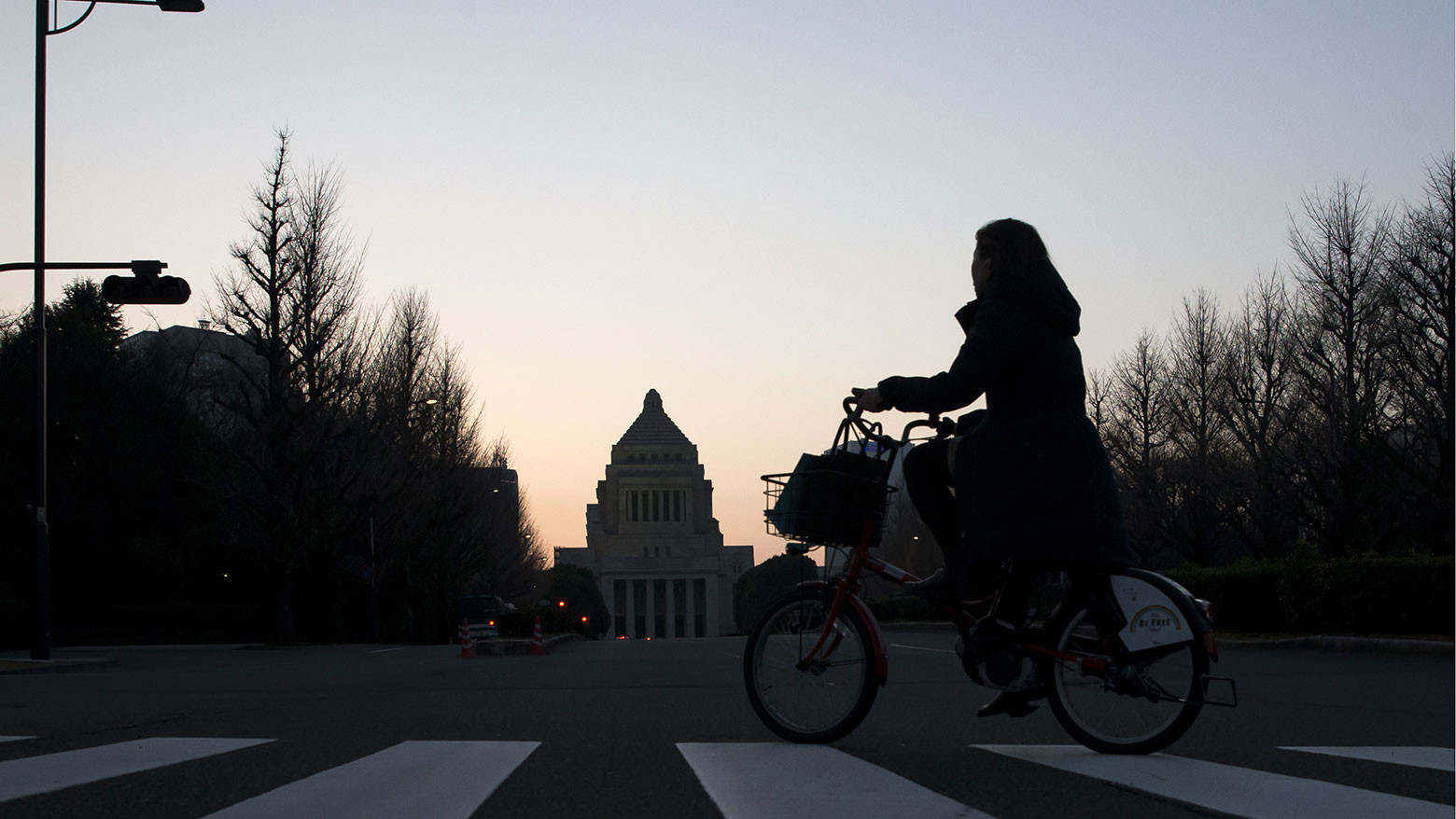Japan’s poor record on gender equality was highlighted in this year’s World Economic Forum’s Global Gender Gap Report. The country is ranked 147 out of 156 for women’s political empowerment. According to the Inter-Parliamentary Union, just 9.9 percent of the Diet’s lower house members are female, well below the 25.5 percent global average.
Efforts to address the disparity have so far been largely unsuccessful. They include a 2018 law that was passed unanimously and requires political parties to voluntarily make efforts to increase the number of female candidates.
The law allows parties to set their own targets. Pressure is growing for the targets to become mandatory. A long-standing bipartisan group that helped to draft the law is now considering updates to include an enforceable quota system.
Nakagawa Masaharu, a former gender equality minister who leads the working group, says changes are needed to make the law more effective: “We had a nationwide local election and upper house election after the law was enacted, but the number of female politicians hasn’t increased enough.”
Nakagawa, a member of the largest opposition Constitutional Democratic Party, cites the controversy over seemingly sexist remarks made by the then Tokyo Olympic chief earlier this year as a potential turning point.
“I feel that interest in gender equality in Japan among people has been rising since then,” he says. “I want to move the Japanese Diet, and society, forward.”
Activists in Japan maintain that the election of more women will lead to a more inclusive society. Some of them addressed a webinar last month that was hosted by the Parite Campaign, a Japanese group that champions equal gender representation in politics, and the Women’s Action Network.
Kitanaka Chisato, the head of a Japanese organization that supports domestic violence victims, believes female politicians are more inclined to tackle domestic and sexual violence.
“Sometimes people want to avoid talking about these issues, but female politicians may have had similar experiences, or relate to the problems through friends’ situations,” Kitanaka explains.
Sutou Yumiko, who works for a group targeting sexual violence, says lack of female representation led to constant frustration during the process to revise a criminal law in 2017.
“I expected the Diet to make the law stricter about sexual abuse, but there was a move to procrastinate debate,” she relates. “Some female bipartisan lawmakers voiced the need to discuss it quickly, with a sense of urgency, to prevent sexual crimes.”
Another advocate for sexual abuse victims, Yamamoto Jun, says women’s opinions can be powerful and persuasive: “I feel that the voice and actions of female lawmakers can move that of male politicians.”
Yamamoto adds that female politicians have inspired some of their male counterparts to change their attitudes and approach.
The webinar participants all agree they want more female lawmakers to broaden the range of issues that get raised, including workplace discrimination and education opportunities.

This year marks the 75th anniversary of women’s suffrage in Japan. In all those years, the proportion of female lawmakers in the Lower House has barely changed – from 8.3 percent in 1946 to 9.9 percent in 2021.
But with the current term for lawmakers in the Lower House ending in October, political parties and voters in Japan have a chance to address the vast gender gap.
As for the proportion of female candidates they are planning to run, many opposition parties have already set their targets. The CDP has announced it is aiming for 30 percent. On the other side of the political divide, the main ruling Liberal Democratic Party has not declared a goal but some member lawmakers who work on women's empowerment say it should be 15 percent.

